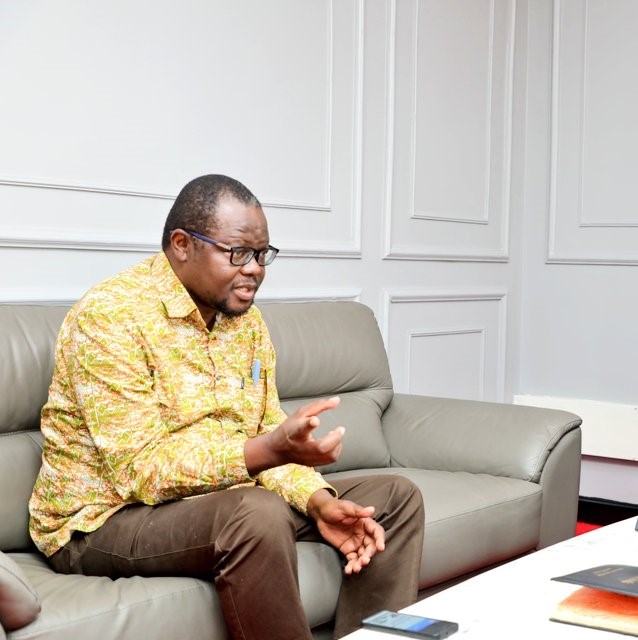By Mdadisi Mmoja
In a scandal fueling national outrage, lawmakers have launched an inquiry into the State Officers and Public Officers Motor Car Loan Scheme Fund, where over KES 3 billion in public funds lies dormant, thwarting its core mission to help civil servants purchase vehicles.
The programme, designed to provide loans for eligible state and public officers, has drawn sharp criticism after concerning figures presented to the Special Funds Accounts Committee, chaired by Migori Woman Representative Fatuma Zainab, revealed a troubling lack of loan uptake, leaving significant sums unutilised.
At the heart of the inquiry is the revelation that, as of June 30, 2023, only KES 225 million of the KES 3 billion fund had been disbursed. This raised serious concerns among MPs, who questioned why such a large pool of resources remains unutilised when it could directly enhance the welfare of civil servants.
The Acting Chief Executive Officer (CEO) of the scheme, Edna Atisa, attributed the low uptake to limited awareness among public officers. While she highlighted efforts to boost visibility through awareness campaigns, a key question persists: why has this initiative failed to fulfill its primary purpose?
Despite these efforts, MPs remain unconvinced. They are demanding clear evidence linking the scheme’s financial activities to its objectives and have expressed alarm over its underperformance.
The fund’s management insists progress is underway. According to Atisa, loans totalling over KES 700 million are projected to be processed by mid-2025, marking a significant increase in activity. Yet MPs are sceptical, questioning why so much of the fund remains untouched.
“The purpose for which this programme was established may not be achieved if this persists,” warned Kivasu Nzioka, the committee’s sessional chair. “These idle resources could be better invested in income-generating securities.”
Adding urgency to the inquiry is the stark reality that, despite amassing billions in deposits, only a fraction has been utilised. Of 66 loan applications processed by late 2023, totalling KES 141 million, the scheme’s performance stands at a mere 3.81% relative to available funds.
MPs have emphasized the need for public resources to actively serve their intended purpose. If left unused, these funds could be redirected to projects or investments that benefit the nation and its citizens.
“Public funds must be managed and utilised efficiently,” said Nzioka. “It’s unacceptable for resources like these to languish in bank accounts while civil servants struggle to access vital loans.”
The inquiry follows a recent audit by Auditor General Nancy Gathungu, which flagged KES 139.4 million in unsupported cash balances for the 2022/23 financial year. Gathungu noted a lack of proper documentation, including bank reconciliation statements, schedules, or supporting bank certificates. Although management attributed this to delays in receiving bank certificates, a critical question lingers: what else remains unaccounted for in the scheme?
The pressing issue now is whether these discrepancies will spur meaningful change. Lawmakers are calling for greater transparency, improved management, and a renewed focus on ensuring funds for public officers serve their purpose. As the inquiry continues, citizens are left questioning whether their taxes are being used effectively or merely sitting idle in bank accounts.
This investigation is still in its early stages, but its implications are clear: public resources must be better managed and carefully allocated, particularly when they hold the potential to improve the lives of those serving the public. The government must act swiftly to restore confidence and ensure these funds benefit those who need them most.





